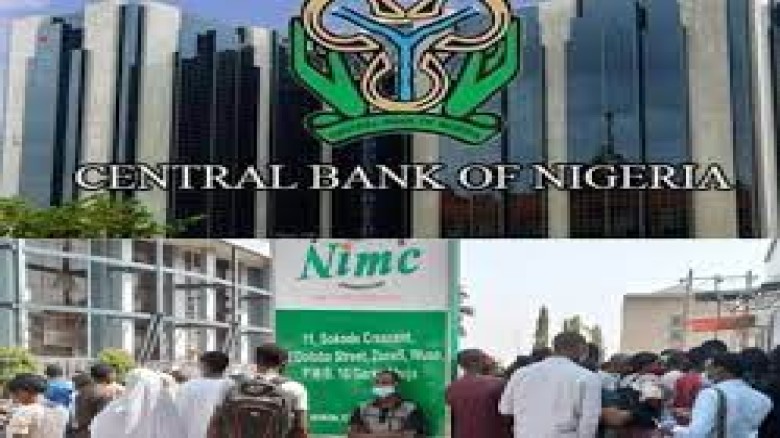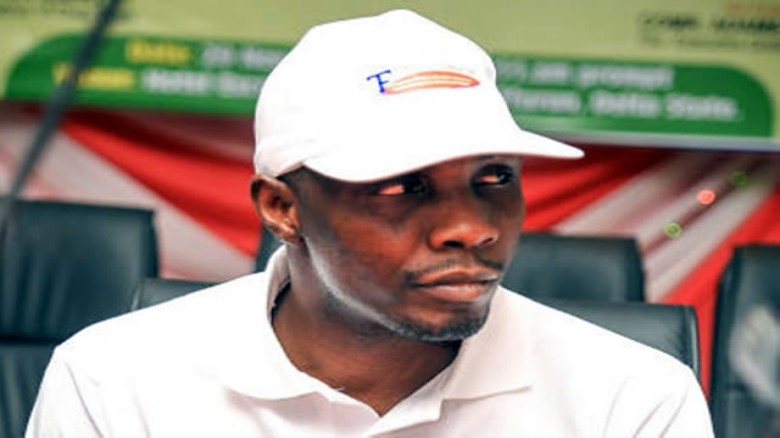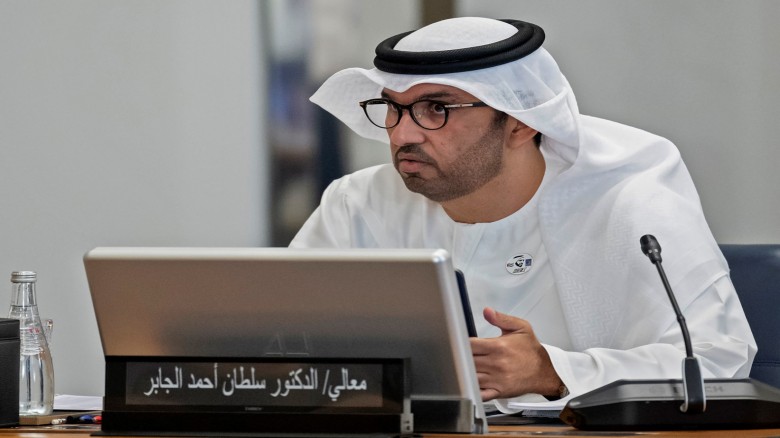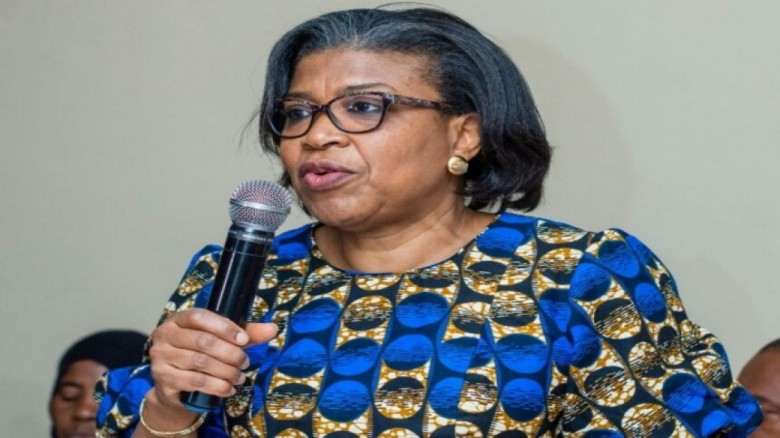Nigeria, African nations propose continental credit rating agency initiative
Nigeria and other African countries are attempting to establish a continental credit rating agency to counteract the perceived bias of Western agencies such as Moody's, Fitch, and S&P.The initiative seeks to provide more equitable assessments of African economies, taking into account their distinct contexts and growth potential.
This was disclosed on Tuesday at the African Development Bank's "Launch of the Debt Management Forum for Africa and Inaugural Policy Dialogue on Making Debt Work for Africa: Policies, Practices, and Options" in Abuja.
Prof. Kevin Urama, FAAS Vice President and Chief Economist, Economic Governance and Knowledge Management, believes that the proposed African credit rating agency will serve to counterbalance the ratings issued by Western agencies.
"Now, as you've already heard, the credit ratings of Africa, not credit rating agencies, appear to be biased. When you dig deeper, you'll discover that the bias stems from asymmetric information. As a result, they do not have the same amount of information, information quality, or data reliability as other countries. And because rating agencies use a methodology that considers not only physical data but also perceptions of data based on human discretion.
"So, if you form a committee to rate Mr. A, B, C, or D, it will consider historical path dependence. For example, if you go to the United States and a crime occurs in a black neighborhood, who do you think the police will look for? People commit crimes frequently because they follow a pattern. So, if there is a pattern of political upheaval in Africa, when an election is approaching, investors will become concerned.
"If there's a pattern of corruption, investors become concerned. People will become nervous if they invest and there is no guarantee of exit when they want to withdraw their funds. So, some of those information asymmetries are based on the continent," he explained.
Prof. Urama went on to say that Africa must address the information asymmetry that contributes to the perceived bias of Western credit rating agencies.
"The credit rating agency will now begin to educate Africans that there is no point in simply blaming the big three because if they produce the same ratings, this is Africa. So why complain? So, check back in and see what you're doing.
"But perhaps they can provide what I call a counterfactual. So, if the rating agencies give you a B- rating and then the African Credit Rating Agency gives you a AAA rating, there's a problem. As a result, both will need to reconcile their methodologies and data sources.
"And simply doing that engages the rating agencies and improves their understanding of Africa. So that is another point for me that the credit rating agency will make in order to provide the counterfactual. Above all, greater transparency in developing African countries' capacity for what is important," the AfDB chief economist stated.
Meanwhile, Ms Patience Oniha, Director-General of the Debt Management Office, has highlighted Western credit rating agencies' bias against Africa.
Oniha revealed that the timeframe given to countries to respond to queries from Western credit rating agencies was frequently insufficient.
She also mentioned that these agencies faced criticism after the last global financial crisis, when several financial institutions they had rated AAA, including Lehman Brothers, failed.
"So, what is the issue with the rating agencies? So, I think they do a very thorough job. But my first point from working with them is that the feedback mechanism after they’ve written that report, after the wise men have gone into the dark room and sat well to prepare that report, the feedback mechanism from the institution or country being rated is very short and limited. And I’m speaking to specific examples that we find.
“So, when they prepare their reports, meaning they put together everything they received from God knows maybe 100 institutions, including the IMF and the World Bank, and something they speak to them as well. If you are very lucky, they give you a maximum of 24 hours to respond. First, they have figures; some of them, you don’t know how they derive them. So, it takes a bit to analyse that report and give feedback. But you have only one hour to do it.
“The second one, so that’s an area I think there should be a change. I raised it with them at the World Bank and other places in October, and they said that was the regulation. There was a regulation. So, maybe that is something to push for a change in regulation,” she explained.
Oniha, emphasized the need for credit rating agencies to demonstrate greater flexibility and openness in accepting additional information or analyzing new data.
The former Minister of Finance, Budget and National Planning, Zainab Ahmed, declared, “It came as a surprise to us because we have presented all of the works that we’ve been doing to stabilise the economy. But these are external rating agencies that don’t have the full understanding of what is happening in our domestic environment.”
Last year, the Federal Government criticized Moody’s Investors Service for downgrading nine Nigerian banks after it lowered the country’s credit rating. The government argued that the downgrades were unwarranted and did not accurately reflect the financial stability of the banks or the broader economy.
























Leave A Comment